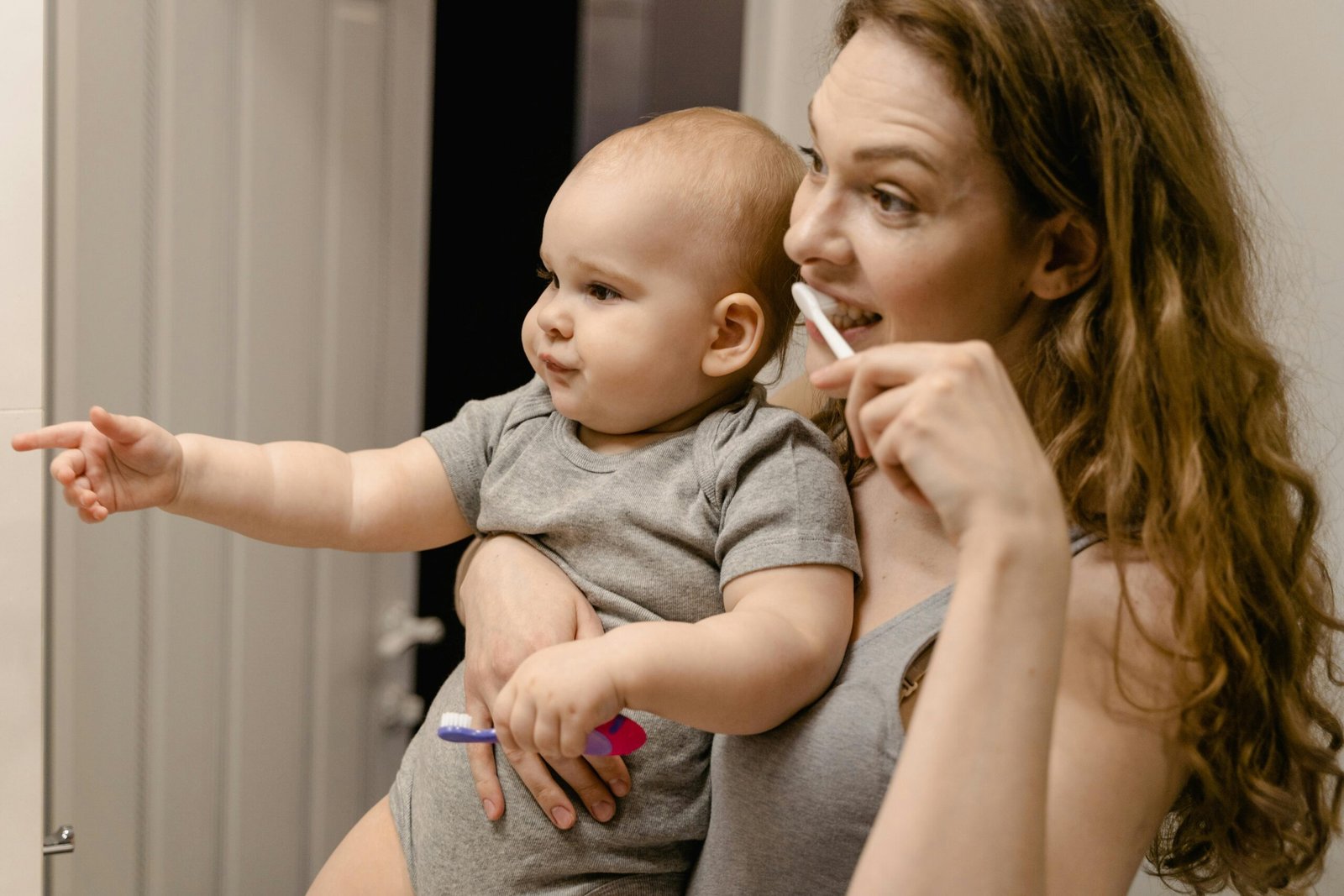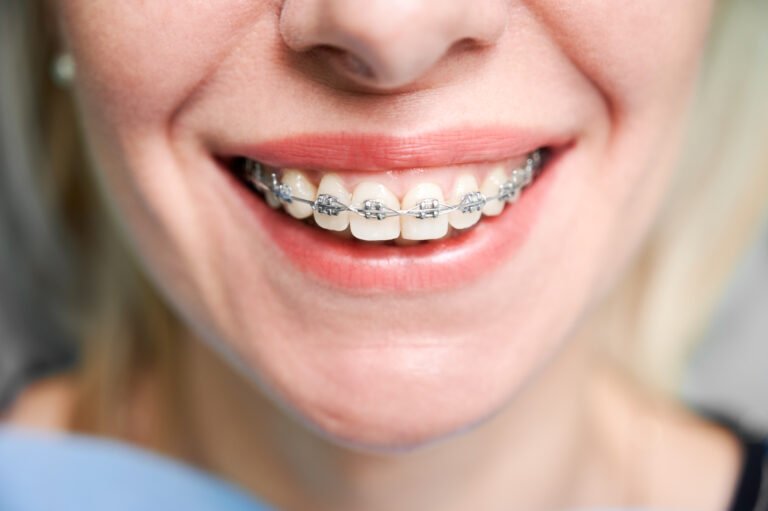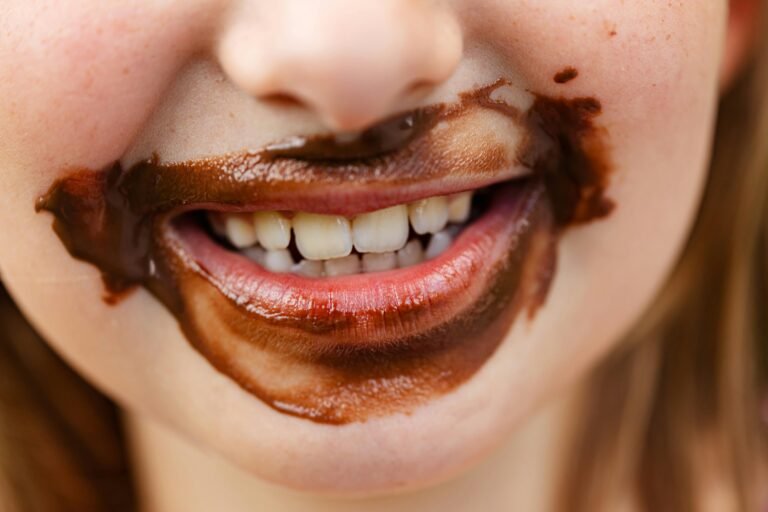As parents, it’s natural to want to bond with your baby during mealtime. However, sharing utensils with your baby could have unintended consequences for their dental and orthodontic health. Here’s why avoiding this practice is crucial and how to ensure your baby’s oral hygiene remains top-notch.
The Risks of Sharing Utensils
1. Bacterial Transmission: Sharing spoons, forks, or other utensils with your baby can transfer harmful bacteria from your mouth to your baby’s. One of the most common bacteria is linked to the development of cavities. Babies’ immune systems and oral microbiomes are still developing, making them more susceptible to these bacteria.
2. Early Tooth Decay: Once bacteria colonize a baby’s mouth, they can lead to early childhood caries (ECC). This condition not only affects baby teeth but can also impact the alignment and health of permanent teeth.
3. Potential Orthodontic Issues: Baby teeth serve as placeholders for permanent teeth. If decay or premature loss occurs due to shared bacteria, it can result in misalignment or crowding of adult teeth, potentially requiring orthodontic intervention later in life.
Are Metal Spoons Safe for Babies?
Many parents ask: “Is it safe to use metal spoons with babies?” While metal spoons may seem harmless, they’re not always the best choice for infants, especially during early feeding stages.
Why You Should Avoid Metal Spoons for Babies
- Too hard for sensitive gums: Metal can irritate or even hurt babies’ gums, especially during teething.
- Temperature-sensitive: Metal conducts heat and cold easily, which can burn or shock your baby’s mouth.
- Heavy and difficult to handle: Babies may struggle to grasp or control metal utensils safely.
Recommended Baby Utensils

These materials are gentle, lightweight, and designed specifically for small mouths and unsteady hands.
- Silicone (soft, gum-friendly)
- BPA-free plastic
- Rubber-tipped utensils designed for infants
When Can Babies Start Using Utensils on Their Own?
Babies typically show interest in feeding themselves between 12 and 18 months. While it’s a messy process at first, it helps develop:
- Fine motor skills
- Hand-eye coordination
- A sense of independence
Tips for Introducing Utensils:
- Start with a training spoon or fork with a chunky handle
- Let your baby practice during one meal a day
- Stay patient — spills are part of the process!
Always supervise and avoid sharing utensils, even if they’re “just trying a bite.”
Tips for Maintaining Your Baby’s Oral Health
To protect your baby’s smile, here are some practical oral care tips:
1. Establish a Brushing Routine: Start brushing your baby’s teeth as soon as the first tooth appears. Use a soft-bristled toothbrush and a tiny smear of fluoride toothpaste.
2. Avoid Sugary Foods and Drinks: Limit exposure to sugary snacks and beverages, which can promote bacterial growth and tooth decay.
3. Schedule Regular Dental Check-Ups: The American Dental Association recommends scheduling your baby’s first dental visit by their first birthday. Regular check-ups help monitor their oral development and catch potential issues early.
4. Use Separate Utensils: Always use separate utensils for feeding your baby. If you need to taste their food, use a different spoon.
5. Clean Pacifiers Properly: If a pacifier falls on the ground, clean it with water rather than putting it in your mouth to avoid transferring bacteria.
Want to Learn More? Read Our Baby Oral Health Guide
If you’re ready to take the next step in your baby’s oral care journey, check out our complete Baby Oral Health Guide — covering everything from teething, brushing, and choosing the right toothpaste, to when to schedule that first orthodontic visit.
Your baby’s oral health is a foundational aspect of their overall well-being.
Avoiding the sharing of utensils is a simple yet impactful step in preventing bacterial transmission and promoting healthy dental development. By instilling good oral hygiene habits early, you set the stage for a lifetime of healthy smiles. Contact our office today to find out how we can help you




